Stories of Impact and Resilience
People with disabilities face higher levels of poverty and barriers to accessing services and are also likely to be disproportionately affected by COVID-19.
Sharing lived experiences gives planners and policy makers valuable insights into the needs of those impacted by their decisions. Nossal recently partnered with three Organisations of People with Disability (OPDs) in the Asia Pacific to generate evidence in the experiences of people with a disability.
This project was funded by the Australian Government through the Department of Foreign Affairs and Trade (DFAT). Produced by the OPDs and the Nossal Institute, University of Melbourne, through the CBM-Nossal Partnership.
These are the stories we developed together.
Stories from Timor-Leste - Ra'es Hadomi Timor Oan (RHTO)
RHTO is the national disabled person's organisation for people with disability in Timor-Leste, who advocates for the rights of people with disability and to facilitate the inclusion of all people with disability in society.
RHTO works with government, partners in the disability sector, public and private organizations, civil society, and the broader development sector, in order to support and improve the inclusion of and access to human rights of People with Disability.
Written Stories

Mariana G.
I have a vision impairment and my parents died when I was younger, so my brothers and sisters looked after me.
Download Mariana's story - English Download Mariana's story - Tetun
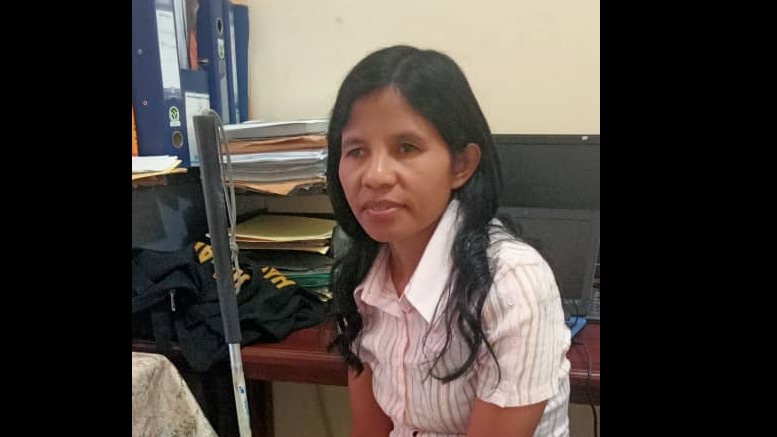
Vitorina S.
My name is Vitorina Sarmento Savio, I have total vision impairment, I am from Baucau municipality, administrative post of Venilale.
Download Vitorina's story - English Download Vitorina's story - Tetun
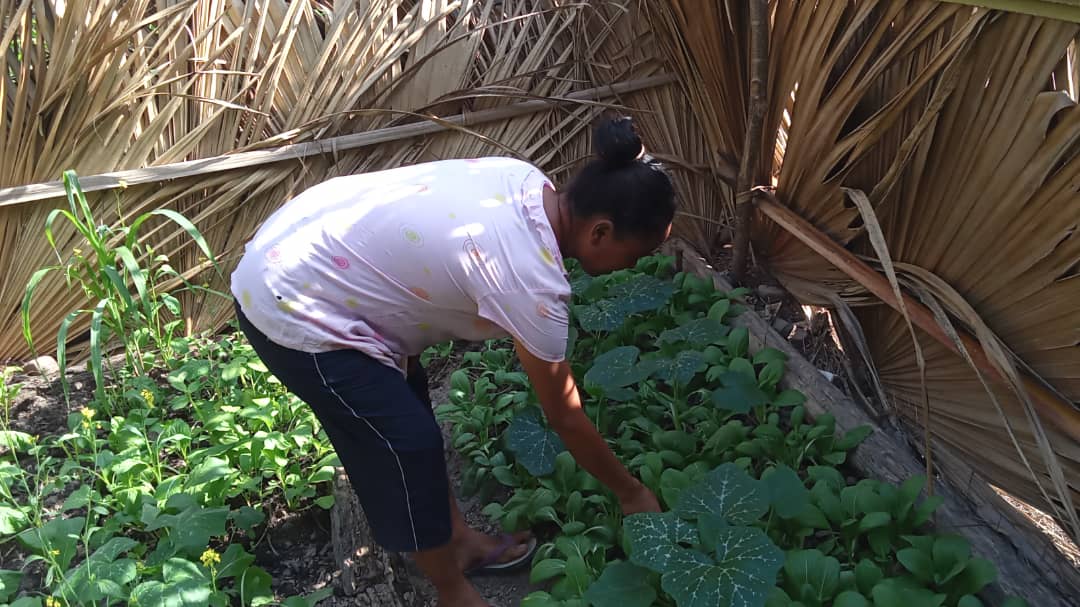
Irina S.
I have four children and we all live with my widowed mother. I have a vision impairment but that doesn’t stop me providing for my family.
Download Irina's story - English Download Irina's story - Tetun
Digital Stories
We asked people with disability to tell a story about a time they experienced stigma and how they coped.
Content warning. These videos contain personal recollections of discriminations. Some viewers may find this material disturbing.
Nelson
In this story, Nelson, a 20-year-old man with a physical impairment, talks about a time when he was singled out and treated differently by a teacher in high school. Nelson says this was a difficult time, but his brothers helped by motivating him to keep studying. He says grassroots advocacy will help people like teachers understand the needs of people with disability and what respect means.
Martinho
Martinho is a 32-year-old man who uses a wheelchair. His story is about his experiences of coping with rejection from his family-in-law. "Despite the way they treated me," he says, "I never left my wife and children. I want a life without discrimination. Love doesn’t discriminate; if it did, my wife wouldn’t have chosen me."
Celestina
Celestina is a 27-year-old woman with vision impairment. Her story takes place during her childhood in a rural town where she grew up. She remembers a time when she was bullied by other children. Now she says she wants people to "understand her condition", and for people to learn "proper terminology for addressing people with disability", so she and other people with disability don’t experience this kind of discrimination.
Stories from Indonesia - Sentra Advokasi Perempuan, Difabel dan Anak (SAPDA)
Sentra Advokasi Perempuan, Difabel dan Anak (SAPDA: Advocacy Centre for the Disabled, Women, and Children) was established in 2005 to create an inclusiveness in the social environment in Indonesia, which they believe to be the basic rights and equality for women, the disabled, women, and children, particularly in education, health, and employment.
Written Stories

Anjani
My name is Anjani, I am a 44-year-old woman living in Wirobrajan, Yogyakarta City. I have a pyscho-social disability.
Download Anjani's story - English Download Anjani's story - Bahasa

Iik
My name is Sri Pamularsih, I am usually called Iik. I had Polio, so now I use two crutches to walk. I have two children, and my husband has also had polio, but he doesn’t need aids.
Download Iik's story - English Download Iik's story - Indonesian

Siti
My name is Siti Marfuah, usually called Siti. People know me as a person with a psychosocial disability with emotional and behavioural barriers.
Download Siti's story - English Download Siti's story - Indonesian
View the digital Stories
We asked people with disability to tell a story about a time they experienced stigma and how they coped.
Content warning. These videos contain personal recollections of discriminations. Some viewers may find this material disturbing.
Prima
Prima is a 28-year-old man who identifies as blind. Prima recalls his experience of being treated differently by men working as Takmirs (religious administrators) while he was volunteering at his local Mosque. He wants other people to treat him the same as any other human being. ‘Before Allah,’ he says, ‘people with disability are just as equal.’
Nina
Nina is a 38-year-old woman with cerebral palsy. She works as a teacher. In her story, she talks about her experiences of being treated differently by colleagues in the workplace. Nina reflects on her positive relationships she has built over time. She says while she finds one-on-one interactions difficult, social media has made it easier for her to connect with people.
Lia
Lia identifies as Deaf. Her story is about a time when she felt she was treated differently during a relationship with a former boyfriend who is not Deaf. She says it’s her goal to have relationships with people who accept her for who she is.
Stories from Vanuatu - Vanuatu Disability Promotion and Advocacy Association (VDPA)
VDPA represents people with disabilities in Vanuatu and is led by people with disabilities.
As the only national Disabled People’s Organization in Vanuatu, it is uniquely placed
to empower persons with disabilities to advocate and partner at all levels to remove the barriers
experienced by people with disabilities. VDPA are building an accessible and inclusive Vanuatu for all individuals with disabilities, where they are empowered to actively participate in community on an equal basis with others.
Written Stories
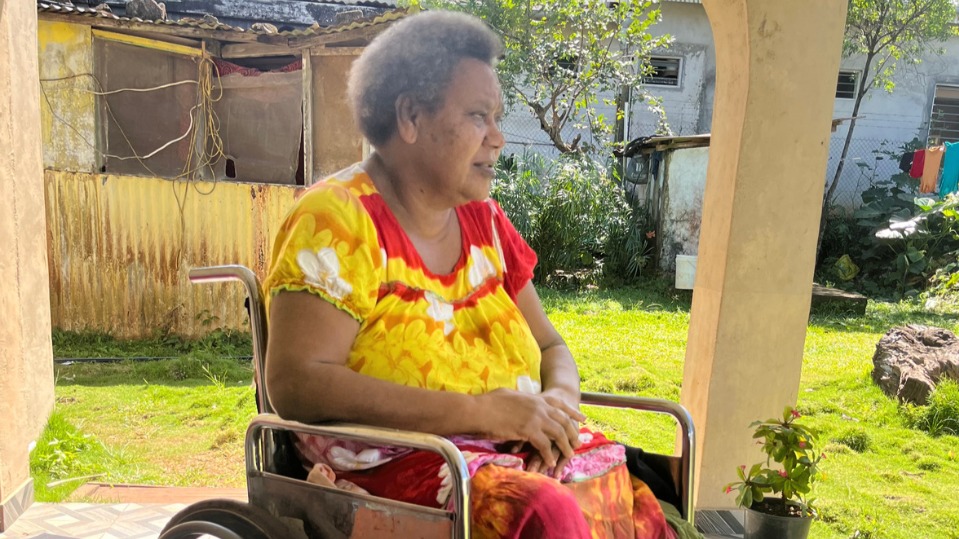
Louis
I am a woman with disability, I have physical impairment and I use wheelchair. I live with my family.
Download Louis' story - English Download Louis' story - Bislama
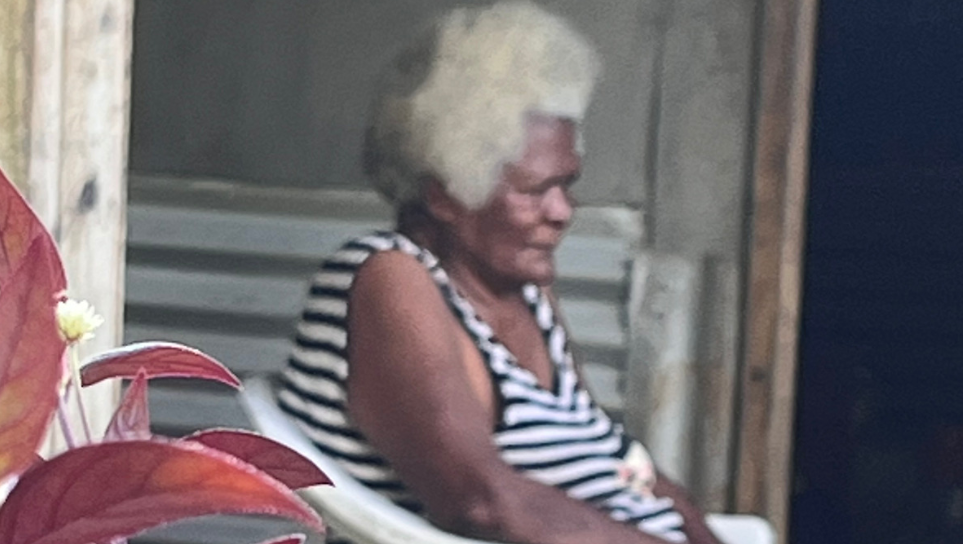
Mary
I am a woman with disability. I have a physical impairment, so I used wheelchair, but it is broken. I live with my younger sister.
Download Mary's story - English Download Mary's story - Bislama
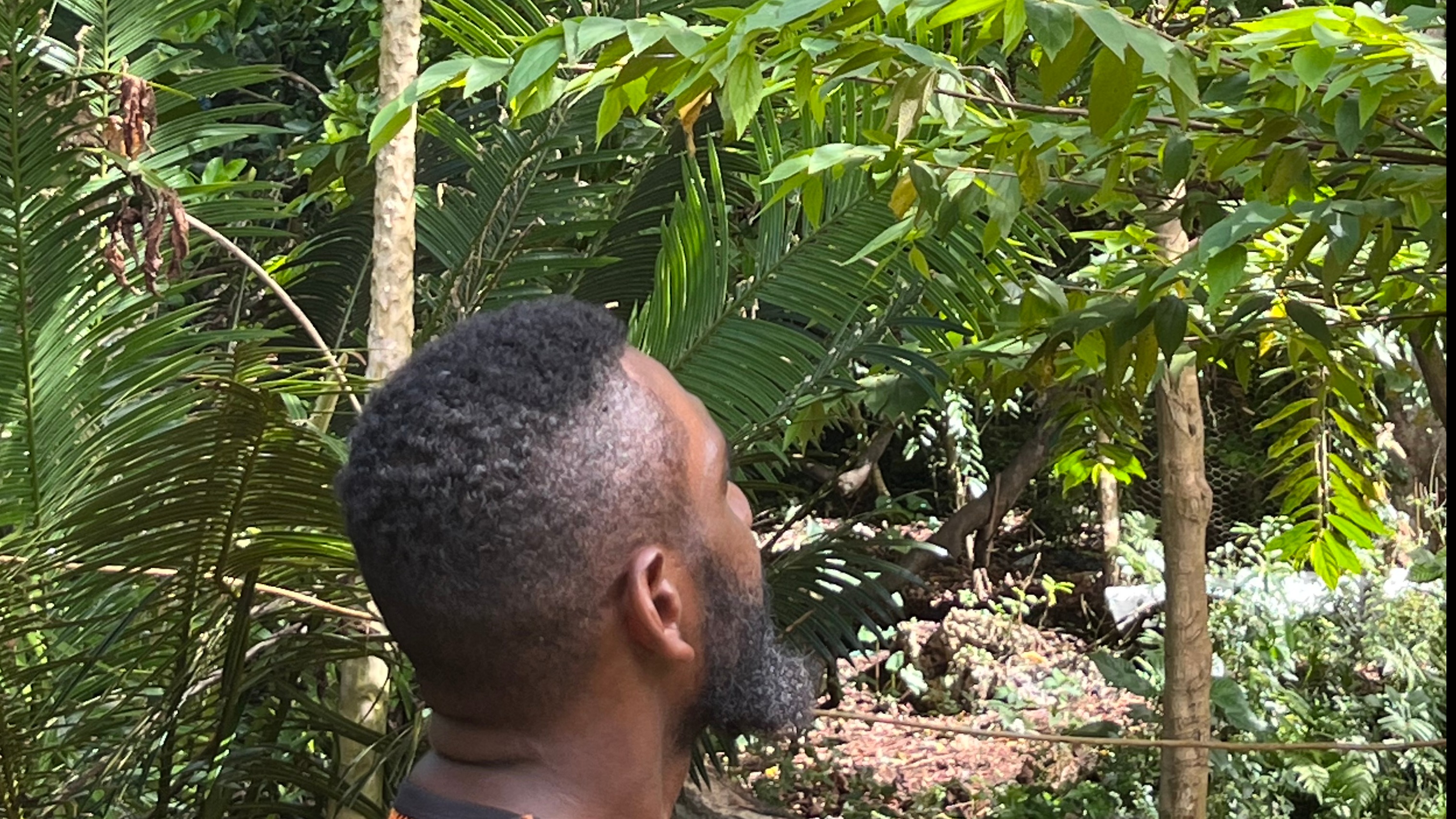
Ron
I’m a father and a carer to our son Mathew. He has born with multiple impairments.
Download Ron's story - English Download Ron's story - Bislama
View the digital Stories
We asked people with disability to tell a story about a time they experienced stigma and how they coped.
Content warning. These videos contain personal recollections of discriminations. Some viewers may find this material disturbing.
Marie-Elina
Marie-Elina is a 32-year-old woman with a hear hearing impairment. She works as a teacher at a preschool. Her story is about the abuse and ridicule she received from the parents of children in her class. She says since there has been increased advocacy around rights and inclusion of people with disability in her community, she has felt more included and incidents like these have been less frequent.
Marie-Bule
Marie-Bule is 53 years old and identifies as blind. She lives on an island in northern Vanuatu with her husband and five children. Her story is about her experience of workplace discrimination when she was a janitor at a local school. Marie-Bule believes people without disability need to understand better the rights of people with disability so incidents like the one she experienced don’t happen.